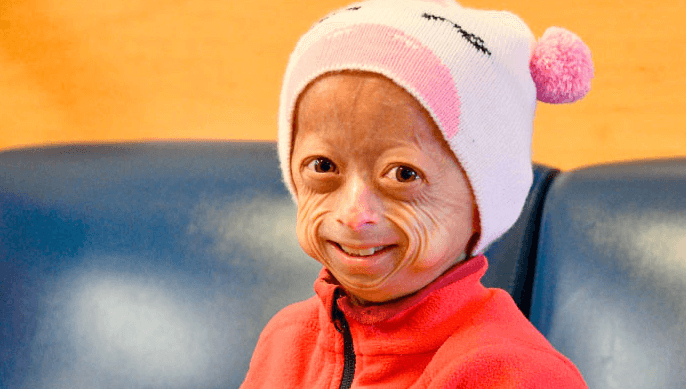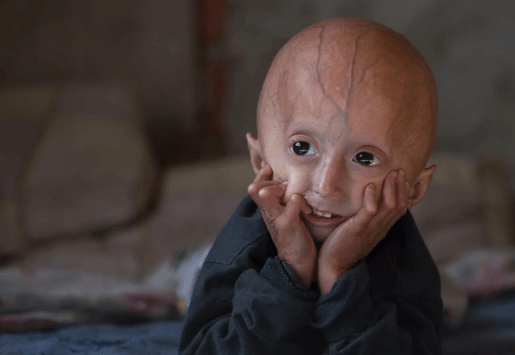Baby:8acwhug5ccq= Progeria

Progeria, a rare genetic disorder linked to mutations in the LMNA gene, presents a unique set of challenges for affected infants and their families. The rapid aging process manifests through various symptoms, including growth failure and cardiovascular complications, Baby:8acwhug5ccq= Progeriawhich demand not only medical intervention but also emotional resilience. While current therapies primarily address symptom management, emerging research into gene therapy and the biology of aging raises intriguing possibilities for future treatments. As we explore the implications of these advancements, questions arise about the ethical considerations and the potential for transformative change in the lives of those impacted.
Understanding Progeria
Progeria, a rare genetic disorder characterized by accelerated aging, profoundly affects the lives of those diagnosed with it.
Read also 5 Fun and Festive Nail Ideas for the Holidays
The genetic basis lies primarily in mutations of the LMNA gene, which encodes lamin A, essential for nuclear stability.
Historically, this condition was first described in the early 1880s, Baby:8acwhug5ccq= Progerialeading to increased awareness and research aimed at improving the quality of life for affected individuals.
Symptoms and Challenges
Experiencing a range of debilitating symptoms, individuals with progeria face significant challenges that impact their daily lives.
These symptoms include growth failure, joint stiffness, and cardiovascular issues, leading to limited mobility and independence.
The emotional impact can be profound, affecting self-esteem and social interactions.
While treatment options exist to manage symptoms, they often fall short of addressing the holistic needs of affected individuals.
Family Experiences
Navigating the complexities of progeria profoundly affects family dynamics and relationships.
Families often experience heightened emotional stress, necessitating robust emotional support systems. Caregivers must balance their own needs with those of the affected child, fostering resilience and unity.
Open communication and mutual understanding become essential, Baby:8acwhug5ccq= Progeriaas families adapt to the unique challenges posed by progeria, ultimately strengthening their bonds through shared experiences and love.

Research and Future Prospects
The emotional and logistical challenges faced by families dealing with progeria have underscored the urgent need for comprehensive research into the condition.
Read also Choosing The Right Adult Diaper For Maximum Comfort
Advances in gene therapy and ongoing clinical trials offer hope for potential treatments Baby:8acwhug5ccq= Progeriatargeting cellular aging.
Increased public awareness and funding for genetic research are essential to accelerate these efforts, ultimately aiming to improve the quality of life for affected individuals.
Conclusion
In the realm of rare genetic disorders, progeria stands as a poignant reminder of the fragility of youth, where time accelerates like a relentless river, sweeping away the innocence of childhood. The challenges faced by affected individuals illuminate the urgent need for innovative research and compassionate care. As scientists delve into the mysteries of cellular aging, a glimmer of hope emerges, suggesting that one day, the shadows cast by progeria may be lifted, allowing brighter tomorrows for those impacted.






